Hot or Cold; What is the Best Bitcoin Wallet?
Hot and cold wallets serve different purposes, and they bring with them different needs for consideration with regard to the level of exposure, or potential exposure, to malicious attacks. Depending on what your intention is, you may choose to opt for one over the other, or even both. Understanding the differences between these is key to identifying the best Bitcoin wallet for your needs.
What is a hot wallet?
A hot wallet is an online wallet which has a means of being connected to the internet. Think of the internet itself as being a source of heat with these terminologies, the further away from the internet you get, the cooler the reference to the wallet is. This will make a little more sense as we look at the different types of wallets.
Any time you are using a service or a website that has an instant pay function built into it, this is a hot wallet. In these cases, you don't actually have complete control of the wallet as you don't hold the private keys (or password) to that wallet - the website does - and this is extremely risky if you are using this method to store your wealth.
Hot wallets are also the wallets on the various exchanges that operate online like KuCoin, Binance, and Huobi; in the article Which Are The Best Cryptocurrency Exchanges we take you deeper into the various aspects of exchanges that you should consider. Never leave large amounts of your wealth on exchanges for longer than you need to in order to complete a trade. Always store your wealth in cold wallets, and take every step possible to eliminate exposure of sensitive information.
It's not just the websites and exchanges you need to consider when using your credentials to access your funds online, you also need to consider the security of the computer or device you are using to gain access to those funds. Has your computer been infected with malware, spyware, or keyloggers? Have you got a good antivirus and spyware system installed and maintained on your computer or device?
Also, consider other third party websites and software that you use. Your email can be a point of vulnerability also. Your email could have been pwned, and this can leave you open to attacks also when relying on hot wallets.
There are risks when operating a hot wallet, from a real-world perspective the best analogy I can give you is it is like having a pocket full of cash, and you, unfortunately, get mugged. You didn't set out with the intention of this happening, but because of the way in which your money was stored, it proved to be easy access for the mugger.
It is an unfortunate fact that the majority of people who have experienced a loss and wallet hack have been in the position of holding their Bitcoins in a hot wallet. It is possible to hack a wallet, not to hack Bitcoin in this regard.
A hot wallet, in my opinion, is not the best Bitcoin wallet for the storage of large amounts of Bitcoin. If you are using a hot wallet to facilitate instant pay functions or active trades, then you accept that there is a risk with that type of wallet, and hopefully, you only keep what is completely necessary in the hot wallet for the required time.
What is a cold wallet?
A cold wallet is a wallet that has no physical connection to the internet and is protected by what is known as an 'air gap'. Effectively, what you are doing is you are keeping your crypto offline. There are a number of ways that you can use cold strage, or cold wallets to keep your crypto safe. A few methods include:
- Using a paper wallet
- Using a physical coin (more about this later)
- Using a hardware wallet such as a Trezor or a Ledger
- Using a USB drive
There are some inherent problems with cold storage wallets, which can be relatively easily overcome. These are primarily around seeds and backup phrases being exposed, lost, damaged, or stolen. Some of these could include the following:
Is writing your backup phrase or seed on a piece of paper the best Bitcoin wallet protection?
For many, it would seem much easier to simply write down the recovery phrase or seed for their wallet on a piece of paper and the put in a drawer somewhere in their house that the kids don't go. There is a higher level of risk management that is required to deal with here.
The protection of your private keys, recovery phrase, and seed needs to be looked at from a much bigger picture perspective. Consider the following questions and how you would deal with them. You may find that you come up with a list that is more extensive than the one provided here. If there are some things that you would consider that has not been stated here, add them in the comments below, including how you think they could be best managed.
| Potential Problem | Potential Solution |
| Someone who can see it could steal it. |
|
| Your handwriting may be illegible. |
|
| You may have errors in your writing. |
|
| Your records can be damaged in a fire. |
|
| Your records can be damaged in a flood. |
|
| Your records can deteriorate and rot. |
|
Is printing your backup phrase or seed on a piece of paper the best Bitcoin wallet protection?
We often place a lot of trust in the devices we use every day. Printing private documents at work for some can be a bit of a stressful thing. You need to get into the office early, before anyone else gets there, and hit print just before you dash over to snatch your pages out of the tray. Heaven forbid that the boss sees ou printing out stuff for personal use!
Relying on a work printer, or any other printer that is on a network has many more aspects of risk associated with it that you might not have thought of.
Below, we will consider a few of these. If you have some more and would like to include them in the list, add them to the comments below with the strategies you would use to get around them.
| Potential Problem | Potential Solution |
| Someone who can see it could steal it. |
|
| Inkjet printer inks are soluble and will run when they get wet. |
|
| You may be connected to a network printer. |
|
| Your records can be damaged in a fire. |
|
| Your records can be damaged in a flood. |
|
| Your records can deteriorate and rot. |
|
* Keep in mind that laminating paper is not a guarantee that it will be indefinitely protected. Laminate can fail as it has the ability to be punctured, incorrectly sealed, and separate due to manufacturing defects and quality issues.
Is engraving or etching your backup phrase or seed on to metal plates the best Bitcoin wallet protection?
Engraving your recovery phrase or seed may be one of the more long-term approaches to ensuring this information is protected and available. However, there are some considerations that need to be made before you go down this road.
A while back I thought it would be a great idea to get my recovery phrase engraved, but there were two things that troubled me about this; first, the engraver - I didn't know them from a bar of soap and as a result, I had zero trust in them. Like I was going to write down my seed and give it to some random!? The second was the cost, this was going to set me back four times more than the cost of buying a Ledger Nano S! I may as well just hand over my Bitcoins!
| Potential Problem | Potential Solution |
| Someone who can see it could steal it. |
|
| Prying eyes - you may need to commission a third party for the job. |
|
| Some metals can rust and corrode. |
|
| Your records can be damaged in a fire. |
|
| Your records can be damaged in a flood. |
|
Is storing your backup phrase or seed on your computer in soft copy the best Bitcoin wallet protection?
You may have a lot going on in your life and work from your computer more than others. This can cause you to have a greater sense of trust in what your computer does for you on a day-to-day basis. It's never let you down before, you use it for so many things, and it has proven to be so versatile.
The problem with technology is that the devices and machined we rely upon do not last forever. They are prone to breaking down, becoming infected with malware, or being a nice little bounty for some opportunistic burglar sneaking through your house.
If you depend heavily on any single device, this then has a very real potential to become a weak point in your risk management strategy. How will you get around the following issues should they arise?
| Potential Problem | Potential Solution | ||||||||||||||
| Someone who can see the file could steal it. |
|
||||||||||||||
| Your machine or device may be exposed to malicious attacks. |
|
||||||||||||||
| Disks and hard drives can become corrupted. |
Your hardware and storage devices can be exposed to physical attacks. |
|
Your hardware and storage devices can be stolen. |
|
Your hardware and storage devices can be damaged in a fire. |
|
Your hardware and storage devices can be damaged in a flood. |
|
Your hardware and storage devices can be accidentally damaged by some other means. |
|
Your computer or device can crash and be unrecoverable. |
|
Your disposed computer or device can be accessed by someone else. |
|
|
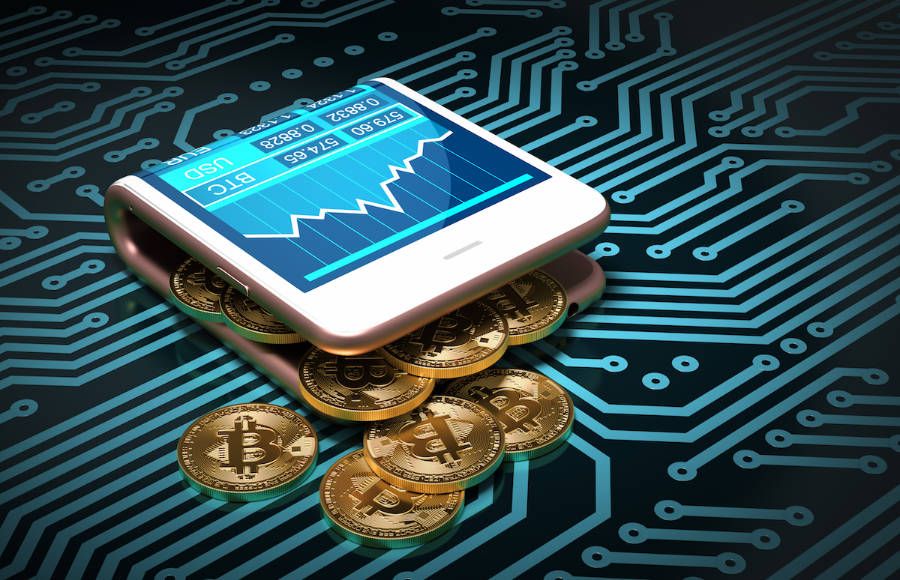
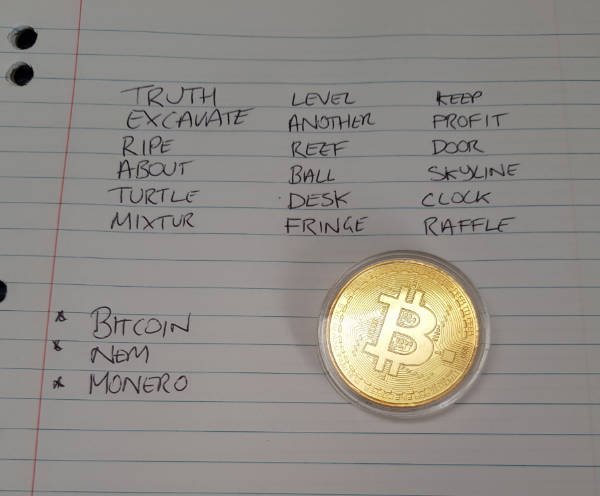
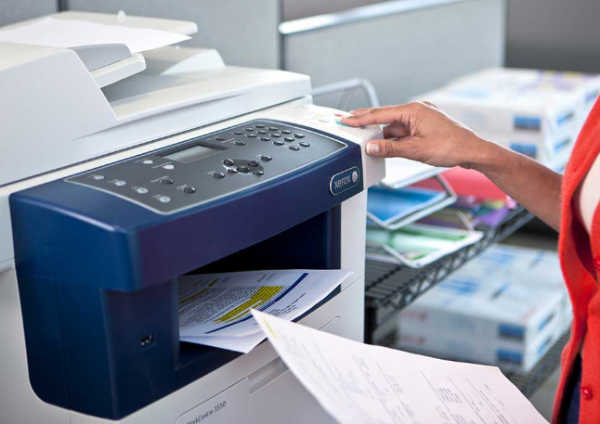
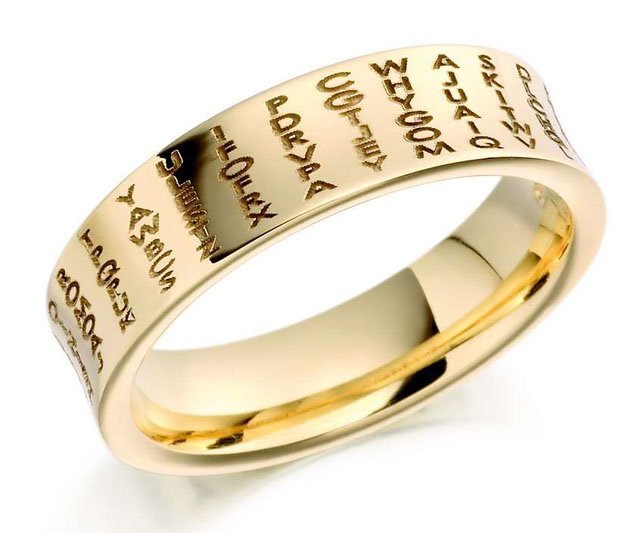
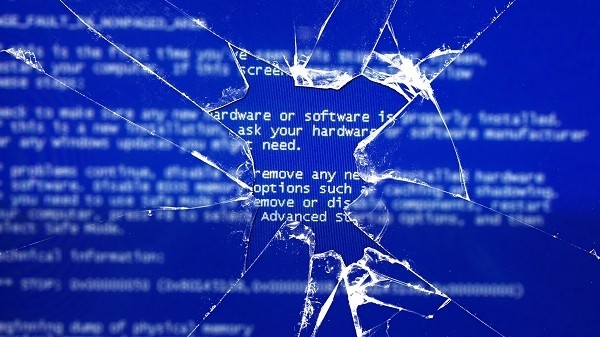
Nice article but I think your hot wallets listed should actually be called custodial wallets. To me hot wallet reefers to a wallet where the user controls their keys but the keys are stopped on an internet connection device or in the cloud. Examples include Samouri, Edge, blockchain.info, Jaxx, and many more. Keeping money on an exchange is hardly a wallet since you don't actually possess the funds, just an IOU.
Very nicely articulated @dhimmel, thank you for your insight!
Apologies for the inconvenience here, this post came out a little buggy towards the end so I've split the last part that appeared out of sequence here - Is storing your private key on a physical Bitcoin the best Bitcoin wallet protection?
This article was recenty posted on my website TechMagy and shared here with the Steemit community to add value.